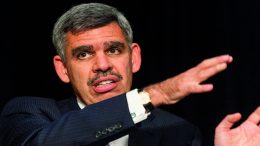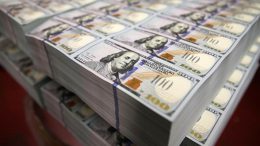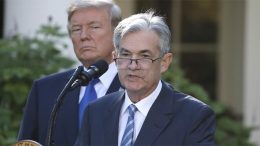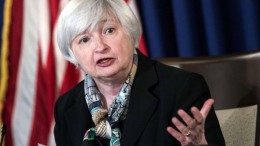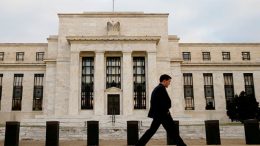“There Is Some Problem With The Productivity Statistics”
Mohamed El-Erian, currently chief economist with German insurance group Allianz, and touted as a possible sucessor to Stanley Fischer, believes that monetary policy cannot do any more. And that the governments of the democratic countries have not been capable of coordinating economic policies which solve the problems created by the last crisis.

